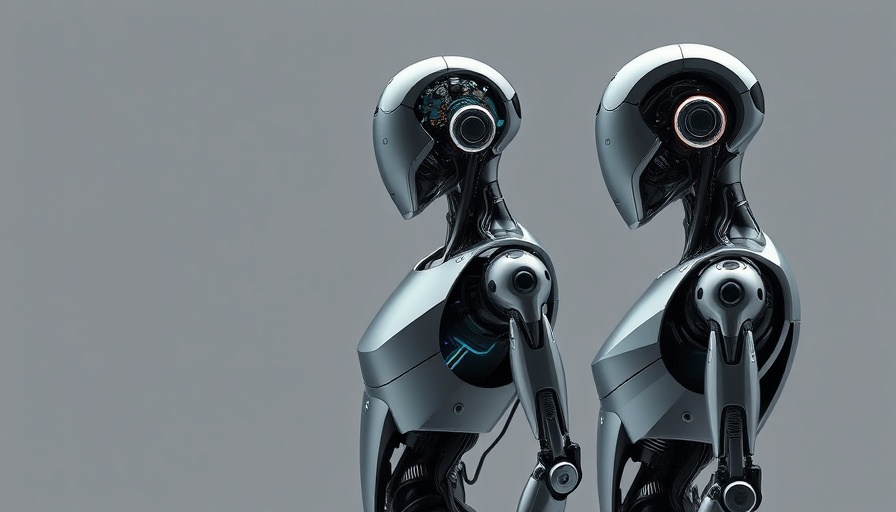
The Journey from Mechanical Monotony to Human-Like Voices
The landscape of artificial intelligence (AI) has evolved significantly over recent decades, particularly in the realm of voice synthesis. Back in the 1960s, AI voices were little more than mechanical sounds produced by primitive algorithms. Fast forward to today, and we encounter the seamless interactions offered by personal assistants such as Siri and Alexa, which are now capable of engaging in dialogues that mimic natural conversation. This dramatic shift from robotic tones to nearly indistinguishable human-like voices demonstrates not just advancements in technology, but a deeper understanding of human communication.
Defining Moments in AI Voice Development
One of the key milestones in AI voice technology was the advent of DECtalk in the 1980s, which garnered attention with its improved clarity and became widely recognized when utilized by Stephen Hawking. This period marked the initial acknowledgment that voice synthesis could play vital roles in accessibility, education, and beyond, despite its limitations at the time. Through these early innovations, the groundwork was laid for the continuing advancements we've witnessed.
Machine Learning: A Game Changer in Voice Synthesis
As the 1990s rolled in, machine learning began to dramatically change the voice synthesis landscape. Previously reliant on rule-based systems, AI evolved to analyze vast quantities of data, learning from real human interactions and improving in expressing nuance and emotion. The introduction of unit selection synthesis allowed for more natural speech patterns and prosody—rising intonation, dynamic rhythms, and expressiveness—became focal points, moving us closer to authentic human interaction.
The Neural Network Revolution
Yet, nothing prepared us for the advancements brought by neural networks and deep learning, particularly Google's WaveNet model introduced in 2016. This technology can create highly realistic voice outputs without the constraints of pre-recorded audio clips, allowing for an expressiveness and structure that were previously unattainable. The model transforms text into speech by generating audio waveforms directly, crafting sound that flows naturally without robotic interruptions.
Practical Applications and Societal Impact
The implications of AI voice technology extend beyond entertainment and convenience. Today, AI-driven tools are making their way into diverse fields, including education, marketing, and social advocacy. In corporate environments, personalized AI campaigns utilize customer insights and predictive analytics to engage audiences more effectively. AI in marketing is revolutionizing how brands connect with consumers, providing tailored experiences that resonate on an individual level.
Challenges and Ethical Considerations
However, the rise of AI technologies also raises ethical questions. As AI becomes an integral part of daily interactions, concerns about bias, accountability, and transparency in AI development grow. The challenge lies in creating ethical AI systems that prioritize fairness and responsibility in their use. For instance, AI content generation tools can risk perpetuating misinformation if not monitored correctly. This underscores the importance of establishing clear AI regulations that can address societal impacts while fostering innovation.
Looking Ahead: The Future of AI Voices
The future remains exciting, with numerous potential advancements on the horizon. As AI synthesis technologies improve, the auditory experience they offer will deepen, influencing how we consume media and experience communication. With that power, however, comes the responsibility to ensure these technologies benefit society as a whole.
In this transformative age, understanding the evolution of AI voices isn't merely about technology—it's about recognizing their profound impact on society and the ethical implications of their integration into our lives. As we move forward, the dialogue surrounding AI must continue, keeping transparency and accountability at its core.
Join the conversation about the future of AI. How do you envision AI voices impacting your life or profession?
 Add Row
Add Row  Add
Add 




 Add Row
Add Row  Add
Add 



Write A Comment